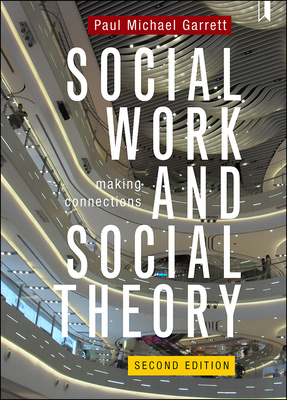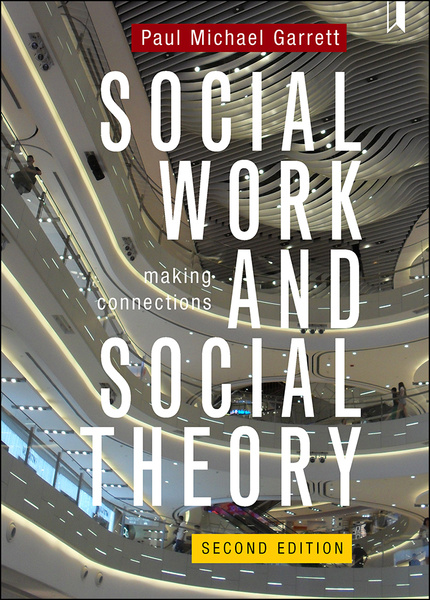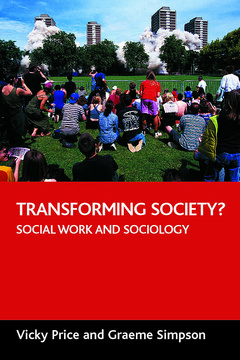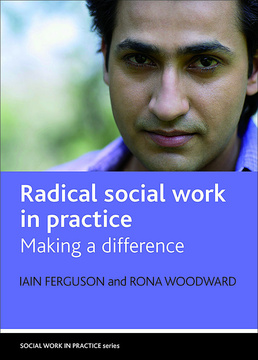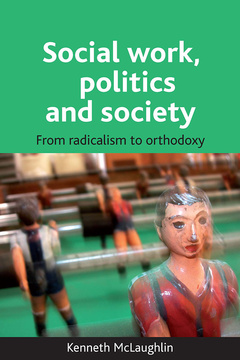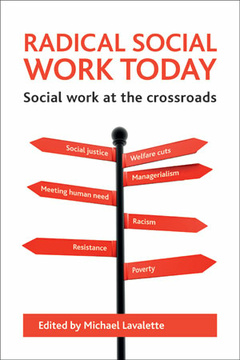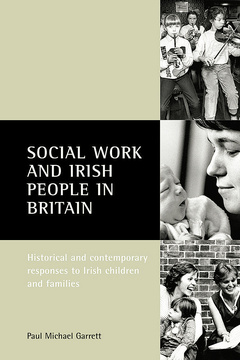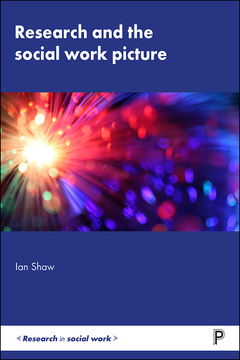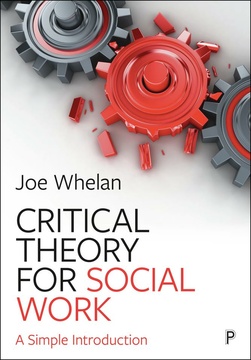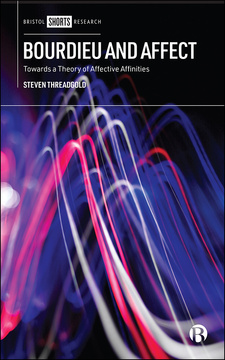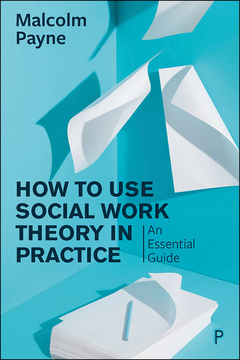Published
Jul 4, 2018Page count
276 pagesEdition
2nd EditionISBN
978-1447341888Dimensions
240 x 172 mmImprint
Policy PressPublished
Jul 4, 2018Page count
276 pagesEdition
2nd EditionISBN
978-1447341901Imprint
Policy PressPublished
Jul 4, 2018Page count
276 pagesEdition
2nd EditionISBN
978-1447341918Imprint
Policy PressDrawing on a range of theorists and competing perspectives, this substantially updated and expanded second edition places social theory at the heart of social work pedagogy.
This book imaginatively explores ways in which practitioners and social work educators might develop more critical and radical ways of theorising and working. It is an invaluable resource for students and contains features, such as Reflection and Talk Boxes, to encourage classroom and workplace discussions.
This new edition includes:
· An extensive additional chapter on Foucault
· Reworked and expanded versions of the chapters featured in the highly-praised first edition
· Revised Reflection and Talk Boxes
· New and updated references to stimulate further reading and research
"In this revised and expanded edition Garrett offers a rich and insightful exploration of essential social theory for social work which will be a vital resource for social work educators and students." Liz Beddoe, Associate Professor, University of Auckland, Aotearoa, New Zealand
"Paul Michael Garrett is one of the most respected and prolific social work scholars writing on neoliberalism, the welfare state and social work… Social work scholars who recognize the importance of critical social theory and want to engage their students in 'bigger picture' debates should foreground this book in their reading lists as it is an absolutely vital teaching aid prompting debate on an complex array of issues impacting on social work and, more broadly, social policy. Scholarly and passionate, Social Work and Social Theory is an excellent book which will strengthen critical and radical social work thought and nurture stimulating debates in, and beyond, the profession." Critical Social Policy
"Paul Michael Garrett’s excellent book has already become a social work classic. His work not only skilfully navigates complex theoretical debates but it also bridges the persistent and pervasive gap between social work theory and practice." Vasilios Ioakimidis, Professor of Social Work, University of Essex, England
“The second edition of Garrett’s insightful text provides a solid conceptual foundation for the development of critical social work at a time when it is more necessary than ever.” Michael Reisch, Daniel Thursz Distinguished Professor of Social Justice, School of Social Work, University of Maryland, US
“A necessary and important book that explains with passion, wit and insight the links between social theory and social work practice; it will be invaluable to students and practitioners alike.” Gary Walker, Principal Lecturer, Childhood and Early Years, Leeds Beckett University
Paul Michael Garrett works at NUI Galway in the Republic of Ireland. In 2018 he was Visiting Professor at the City University of New York (CUNY) and he has presented keynote papers at international conferences across Europe and in China. Contemporary neoliberalism and historical practices of marginalisation and domination are some of his key scholarly concerns. For over ten years, he has been a member of the editorial collective of Critical Social Policy. He is the author of over a hundred of internationally peer-reviewed articles of several books including Welfare Words: Critical Social Work & Social Policy (2018).
Introduction;
Part One: Debating modernity;
‘How to be modern’: Theorising modernity
‘Solid’ Modernity & ‘Liquid’ Modernity;
Modernity and Capitalism;
Modernity, neoliberalism, crisis;
Part Two: Theorists;
Thinking with Antonio Gramsci;
Thinking with Pierre Bourdieu;
Thinking with Jürgen Habermas;
Thinking with Michel Foucault;
Thinking with Axel Honneth and Nancy Fraser;
Alternative Directions? Alain Badiou, Antonio Negri and Italian Autonomist Marxism, Luc Boltanski and Ève Chiapello;
Conclusion: Looking for the ‘blue’.







